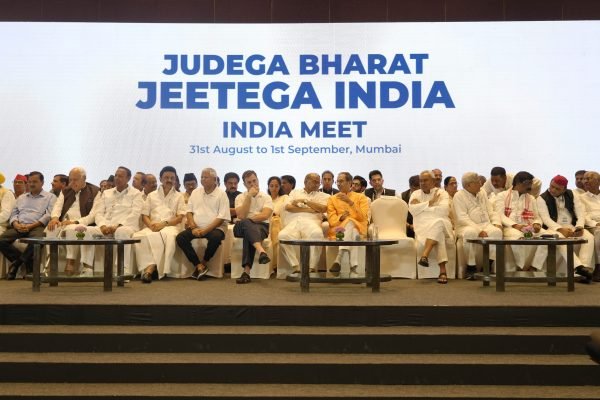The Kerala High Court has delivered a significant ruling, stating that watching pornographic photos or videos in private, without sharing them with others, does not constitute an offense under Section 292 of the Indian Penal Code (IPC). The court’s decision underscores the importance of personal privacy and individual choice.
The ruling was made in response to a plea filed by a man who had been arrested in July 2016 near the Aluva municipality by Kerala police for watching obscene videos on his mobile phone while standing by the side of a road. The accused sought to have criminal proceedings against him, under Section 292 of the IPC, quashed.
Justice P.V. Kunhikrishnan, delivering the court’s judgment, highlighted the central question in the case: whether watching a pornographic video in private, without displaying it to others, constitutes an offense. The judge asserted that a court of law cannot declare such an act as an offense because it involves an individual’s private choice, and any interference with this choice amounts to an intrusion of their privacy.
The court also noted that there was no allegation that the accused had publicly exhibited the video. Justice Kunhikrishnan further emphasized that merely watching an obscene photo or video in private does not constitute an offense under Section 292 of the IPC. Similarly, watching an obscene video from a mobile phone in private is also not an offense under the same section.
However, the court clarified that if an individual attempts to circulate, distribute, or publicly exhibit any obscene video or photos, then the offense under Section 292 of the IPC would be applicable.
As a result of the ruling, the court quashed all proceedings in the magisterial court related to the case against the accused.
The judgment also carried a cautionary message regarding the access to mobile phones with internet capabilities for children. Justice Kunhikrishnan warned parents about the potential risks associated with providing such access to minors and encouraged parents to be vigilant.
The judge advised parents to be aware of the potential dangers and consequences of unsupervised use of mobile phones by children, especially regarding the accessibility of explicit content. He suggested that parents should allow their children to watch informative news and videos from their mobile phones in their presence rather than handing over devices for unsupervised use.
Justice Kunhikrishnan concluded that if minors end up viewing explicit content, which is now easily accessible on all mobile phones, it could have far-reaching consequences. The ruling and guidance from the court underscore the importance of responsible parental oversight and the protection of children from inappropriate content.













